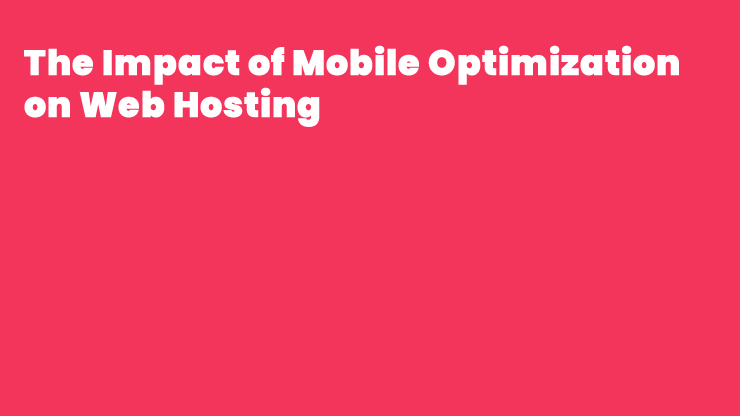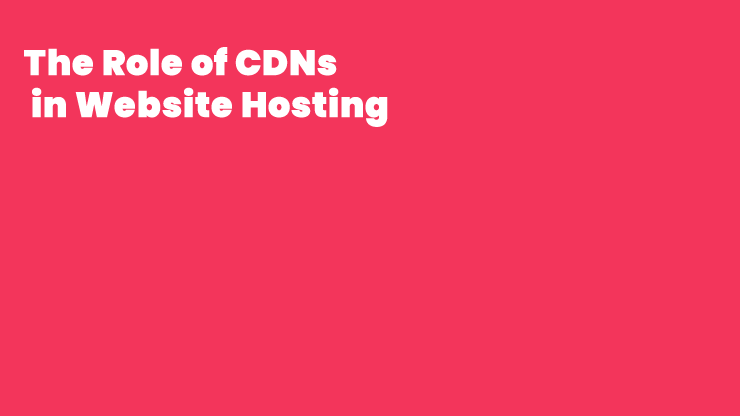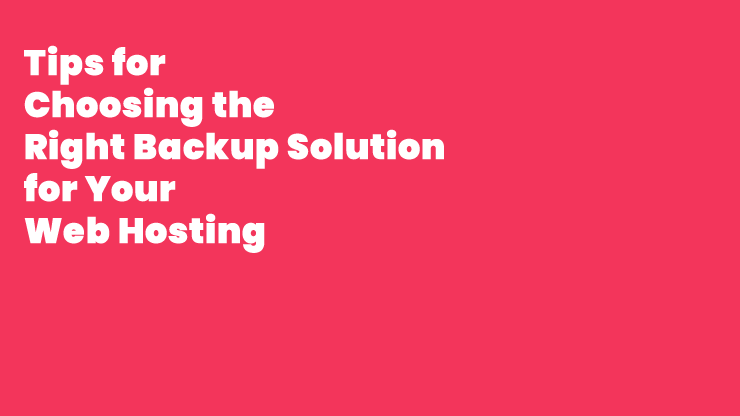How to choosing the right hosting if your a small business
For small businesses, choosing the right hosting plan is a critical decision that directly impacts their online presence and success. With numerous hosting options available, it’s essential to understand the key factors that should be considered when making this decision. This article provides valuable insights into choosing the ideal hosting plan for small businesses, focusing on aspects such as resource requirements, scalability options, reliability, security, customer support, and cost-effectiveness. By evaluating these factors, small businesses can select a hosting plan that meets their specific needs and enables their online ventures to thrive.
Resource Requirements
Assessing resource requirements is crucial when choosing a hosting . Small businesses should consider factors such as website size, expected traffic volume, database requirements, storage space, and bandwidth. Understanding these needs will help determine the appropriate plan that can adequately handle the expected traffic and provide sufficient resources to support website growth.
Scalability Options
Small businesses often aim for growth, so it is important to choose a hosting plan that offers scalability. This means the ability to easily upgrade resources and accommodate increased website traffic as the business expands. Flexible scalability options ensure that the hosting can adapt to changing needs without disruptions, allowing for seamless growth and optimal performance.
Reliability and Uptime
Reliability and uptime are crucial for small businesses as they directly impact website accessibility and user experience. It is vital to select a hosting provider that offers reliable servers and guarantees high uptime percentages. Look for providers that have robust infrastructure, redundant systems, and proactive monitoring to minimize downtime and ensure that the website remains available to visitors consistently.
Security Features
Security is paramount for any online business. It is essential to choose a hosting plan that provides robust security features to protect sensitive data and safeguard against cyber threats. Look for features such as SSL certificates, secure data centers, regular backups, firewalls, and malware scanning. A reliable plan should prioritize security measures to mitigate the risks associated with data breaches and hacking attempts.
Customer Support
Accessible and reliable customer support is invaluable, especially for small businesses that may lack dedicated IT teams. Choose a hosting provider that offers responsive customer support through multiple channels, such as live chat, email, or phone. Reliable support ensures timely resolution of any technical issues or concerns that may arise, helping to minimize disruptions and maintain a smooth online presence.
Cost-Effectiveness
Small businesses often have limited budgets, making cost-effectiveness a critical factor. It’s important to consider the pricing structure of hosting plans, including setup fees, renewal costs, and any additional charges for extra features or resources. Compare different hosting providers and plans to find a balance between affordability and the features required for optimal performance. Look for plans that offer a good value proposition and align with the specific needs of the business.
Conclusion: Choosing the right hosting plan is vital for small businesses looking to establish a strong online presence. By considering factors such as resource requirements, scalability options, reliability, security features, customer support, and cost-effectiveness, small businesses can make informed decisions. Taking the time to evaluate these factors will ensure that the chosen hosting plan aligns with the business’s unique needs and goals, providing a stable and successful online platform. With the right hosting plan in place, small businesses can focus on growth and capitalize on the opportunities offered by the digital landscape.




